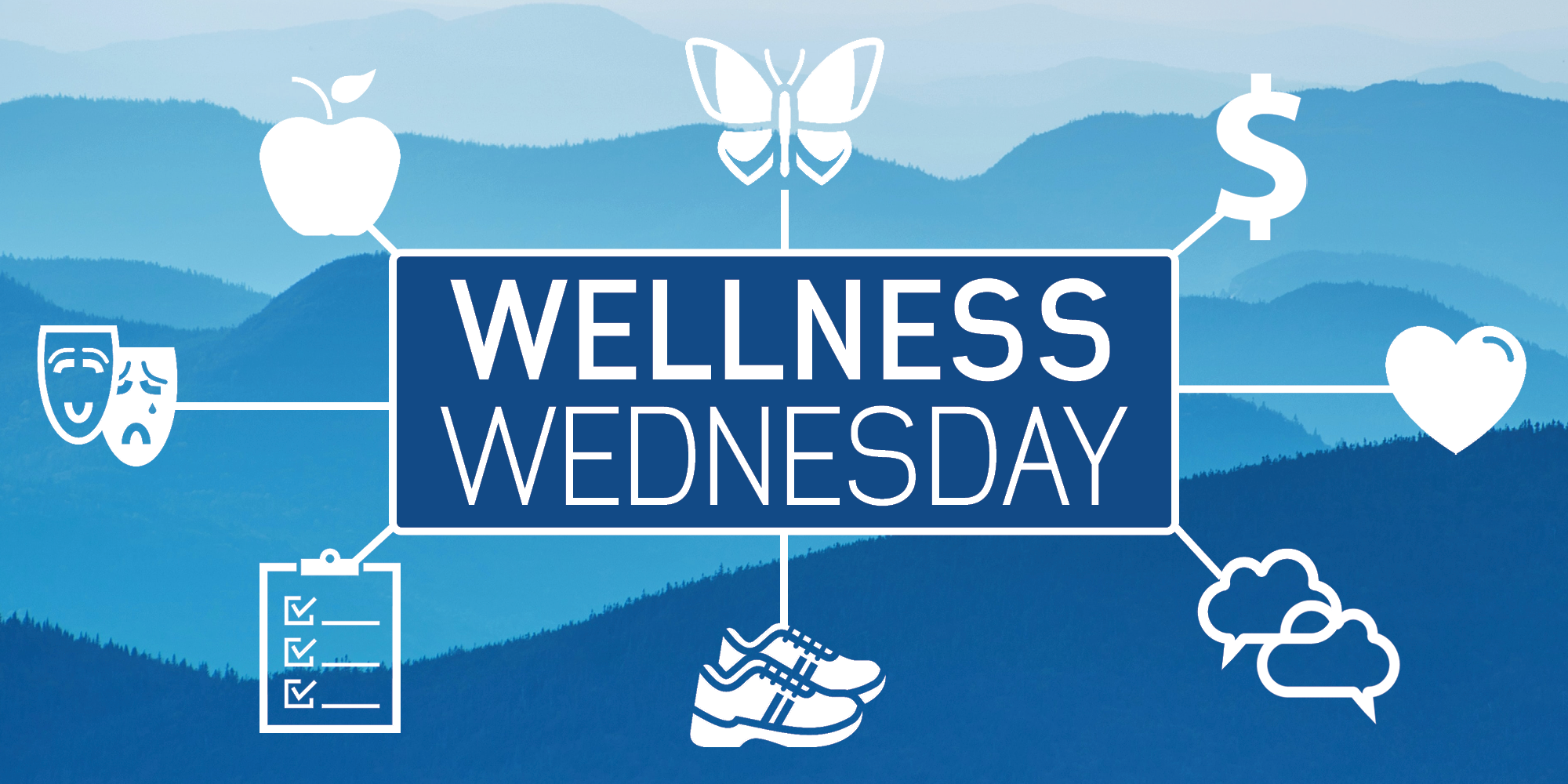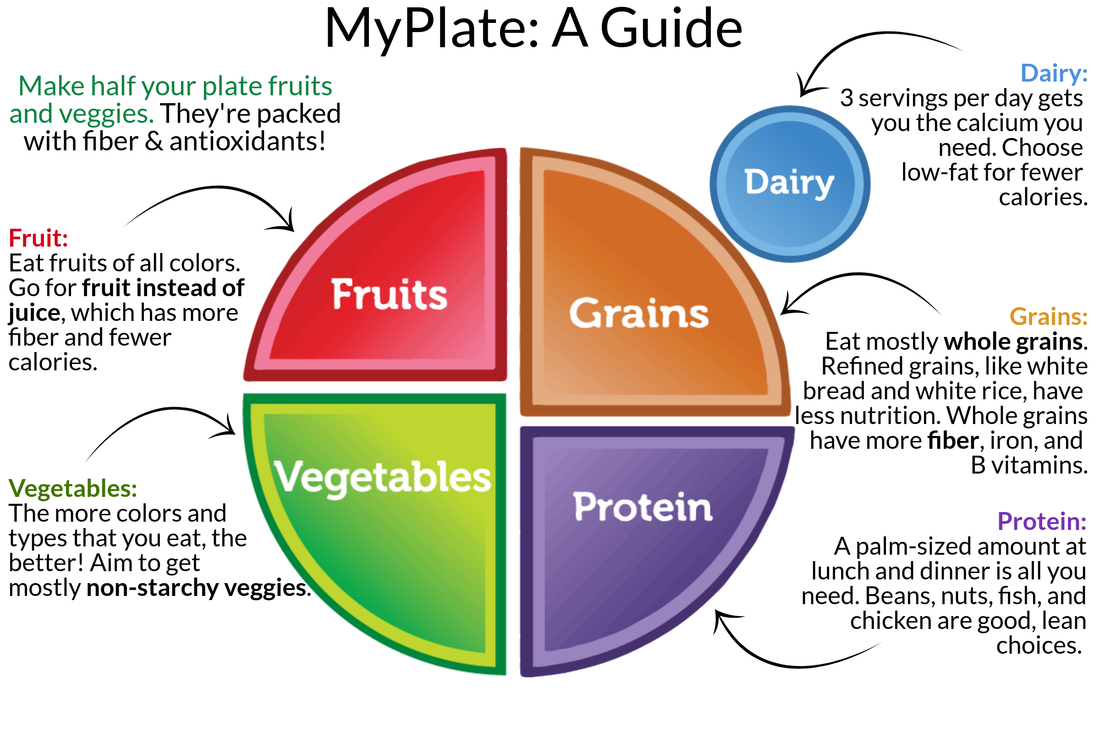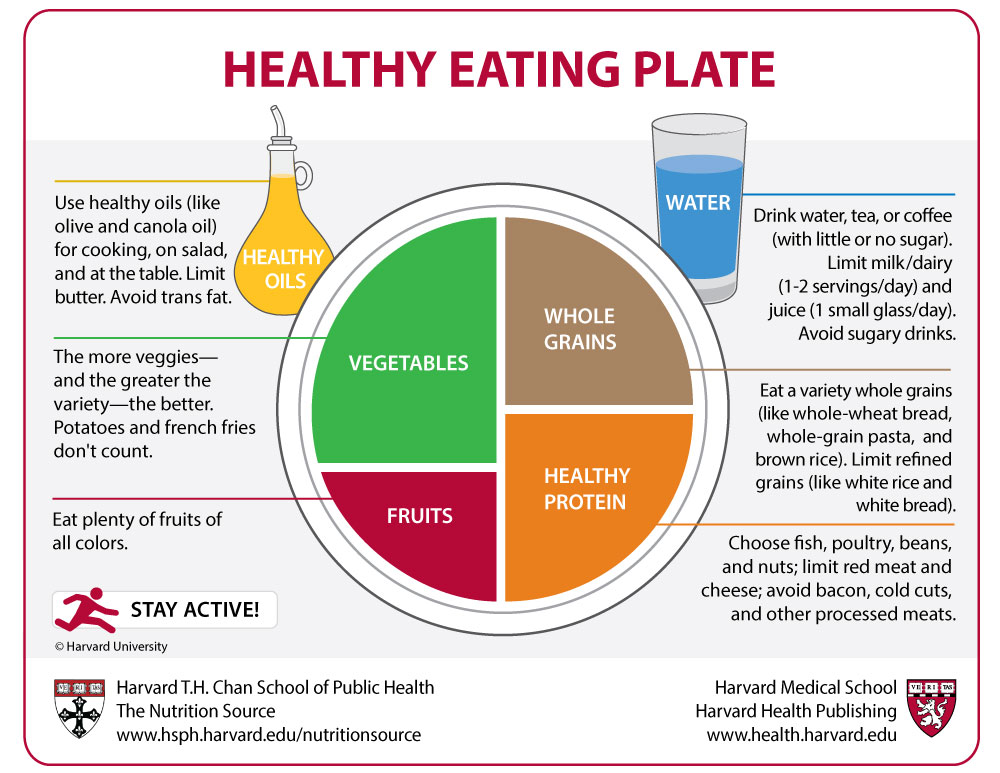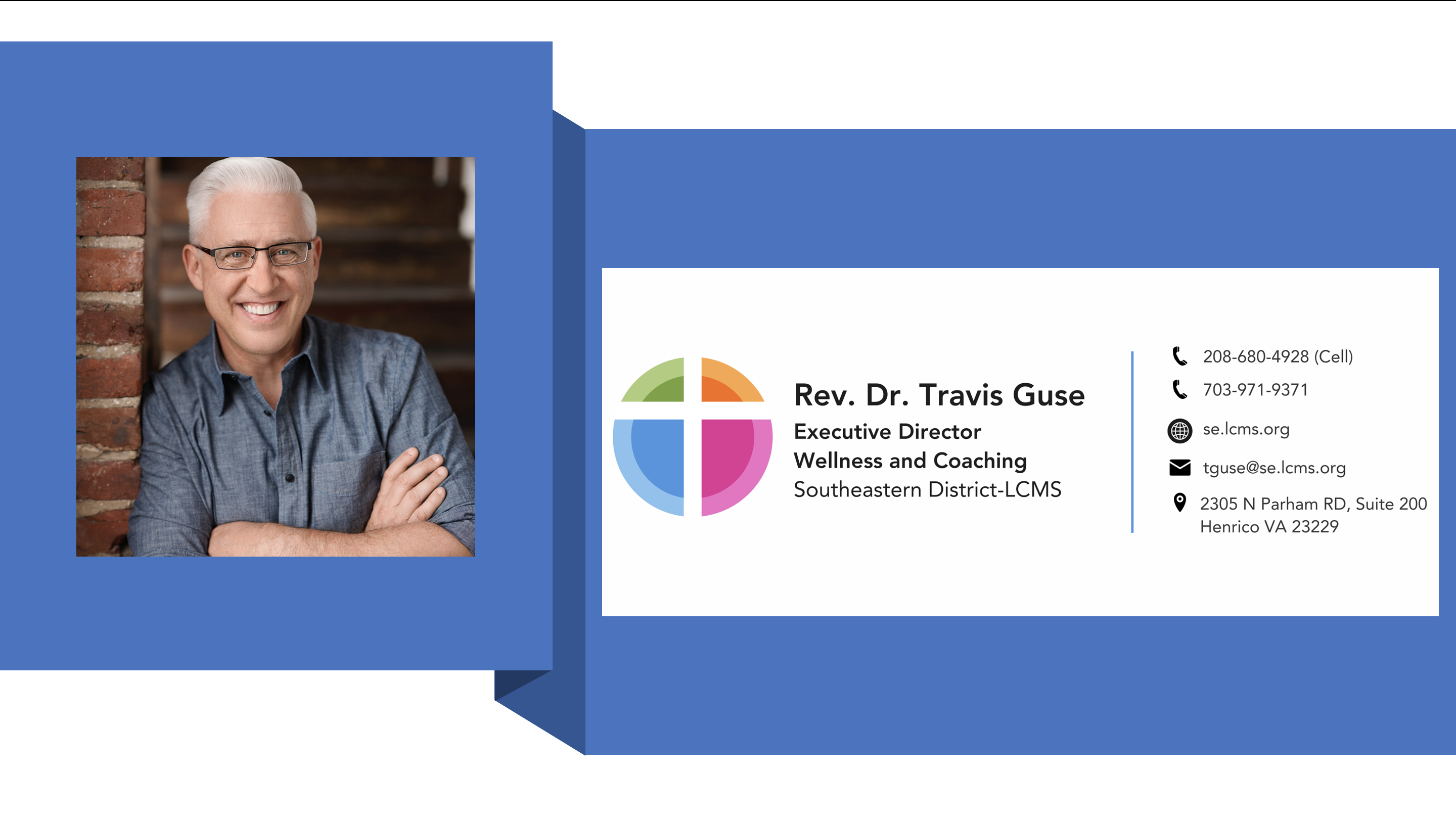
Wellness Wednesday – “You Are What You Eat (Healthy Eating)”
We’ve all heard the phrase, “You are what you eat.” That doesn’t mean that if you eat a Big Mac from McDonald’s, you are suddenly “Two all-beef patties, special sauce, lettuce, cheese, pickles, onions on a sesame seed bun.” The meaning behind this saying is that to be healthy; you need to eat nutritional food. As we have grown in understanding the importance of good nutrition, we know the importance of eating good food to be healthy and fit.
So, what constitutes a healthy meal, and what are the health benefits of eating healthy food? The Nutrition and Weight Status objectives for Healthy People 2020 reflect strong science supporting the wellness benefits of eating a healthy diet. This study advocates consuming various nutrient-dense foods within and across the food groups, especially whole grains, fruits, vegetables, low-fat or fat-free milk or milk products, lean meats, and other protein sources. Additionally, it is vital to limit the intake of saturated and trans fats, cholesterol, added sugars, sodium (salt), and alcohol. And finally, limit caloric intake to meet caloric needs.
I want to share two specific healthy eating guidelines with you as you consider improving your diet. The first is “MyPlate,” a reminder to find your healthy eating style and build it throughout your lifetime. Everything you eat and drink matters. The right mix can help you be healthier now and in the future. Here are some of the keys to the “MyPlate” guidelines:
- Focus on variety, amount, and nutrition.
- Choose foods and beverages with less saturated fat, sodium, and added sugars.
- Start with minor changes to build healthier eating styles.
- Support healthy eating for everyone.
- Healthy eating is a journey shaped by many factors, including our stage of life, situations, preferences, access to food, culture, traditions, and the personal decisions we make over time.
The following is a picture guide for what MyPlate advocates is a healthy meal, which you can learn more about at www.myplate.gov:

A second guide to healthy eating to consider is the “Healthy Eating Plate,” created by Harvard Health Publishing and nutrition experts at the Harvard School of Public Health. It offers more specific and accurate recommendations for following a healthy diet than MyPlate, developed by the U.S. Department of Agriculture and the Department of Health and Human Services. The Healthy Eating Plate is based on the most up-to-date nutrition research, and the food industry or agriculture policy does not influence it. To help differentiate it from MyPlate, note that dairy is not listed in their suggested eating guidelines. Here is a picture guide for what the Harvard Healthy Eating Plate suggests for what a healthy meal looks like and for more information check out https://www.hsph.harvard.edu/nutritionsource/healthy-eating-plate/:

Besides these two healthy eating guidelines that can help us improve our physical wellness, it is essential to remember the words of Deut. 8:3, also quoted by Jesus Matt 4:4 to the evil one when He was being tempted in the wilderness, “It is written: ‘Man shall not live on bread alone, but on every word that comes from the mouth of God.’” If the saying is true, “You are what you eat,” when it comes to our physical health, how much more is it true regarding our spiritual health? While eating healthy is vital to maintaining our physical well-being, how well are you feeding your soul with Jesus, the Living Bread? Satan temps us many things that he promises will bring “life,” like spiritual junk food, which leaves us wanting, sick, and can even bring about death. However, Jesus is always there, offering Himself in the places He promises to be in the Word and Sacraments, which makes us alive spiritually in His promises and love.
And as a final thought, as we also consider our spiritual diet, we must make sure we do not live as spiritual bulimics, indulging ourselves in Jesus on Sunday and then spiritually starving ourselves throughout the week. Just as this is not healthy when it comes to our spiritual diet, it is also true when it comes to our spiritual diet. Both will leave us weak, unhealthy, and hungering in our lives. Jesus desires to be our daily bread. So as we pray in the Lord’s Prayer, “God, give us this day our daily bread,” let us be thankful not only for good food that brings health to our bodies but also give thanks for Jesus, who is the living bread come down from heaven who makes us healthy spiritually as well. We are what we eat. As such, may we more and more be like Jesus as we daily feed on God’s Word.
